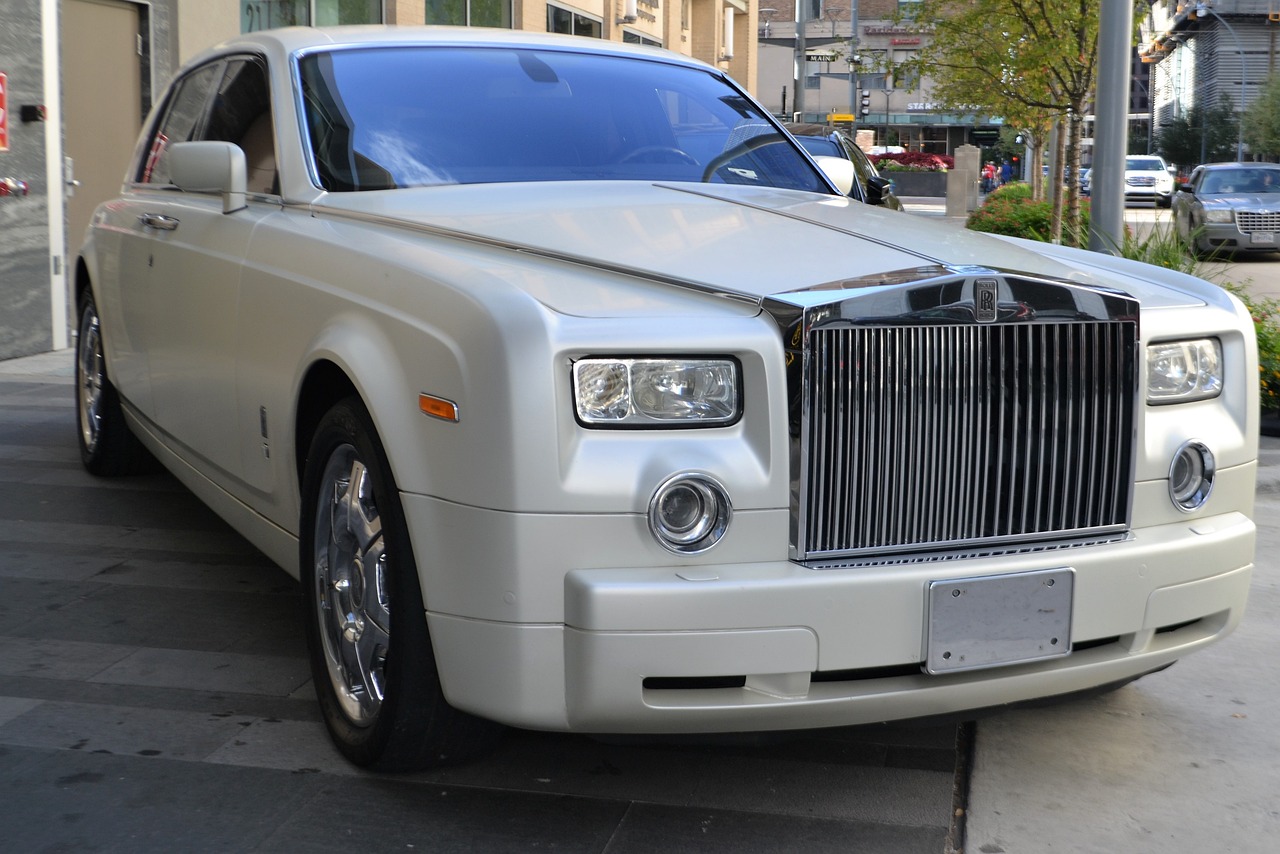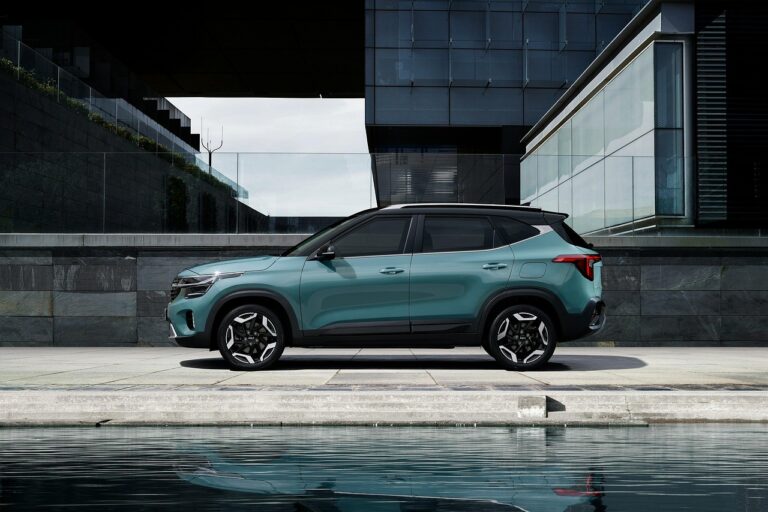The Rise of Micro-Mobility: Electric Scooters and Bikes in Urban Environments
Micro-mobility solutions have transformed urban transportation, offering convenient and eco-friendly options for residents. Electric scooters and bikes provide a flexible way to navigate congested city streets, reducing reliance on cars and easing traffic congestion. With the ability to access these vehicles through mobile apps, commuters can quickly locate and unlock them, making short trips around the city more efficient and cost-effective.
Moreover, micro-mobility solutions promote sustainability by reducing carbon emissions and decreasing the overall environmental impact of transportation. By encouraging the use of electric scooters and bikes over traditional gas-powered vehicles, cities can work towards achieving their sustainability goals and creating a greener urban environment. These alternative modes of transportation not only benefit the individual user but also contribute to the overall well-being of the community by improving air quality and promoting a healthier lifestyle.
Challenges Faced by Electric Scooter and Bike Companies
Electric scooter and bike companies are encountering numerous hurdles in the quest to establish themselves as viable transportation options in urban areas. One of the primary challenges they face is the issue of safety concerns. Despite efforts to promote safe riding practices, accidents involving electric scooters and bikes are still a frequent occurrence, leading to potential lawsuits and negative publicity for these companies.
Moreover, the issue of regulation and compliance poses a significant challenge for electric scooter and bike companies. Many cities have implemented strict regulations regarding the use of these vehicles, including speed limits, designated parking areas, and licensing requirements. Navigating through these regulations and ensuring compliance can be a complicated and costly process for companies operating in multiple cities.
What are some of the benefits of using micro-mobility solutions in urban areas?
Some benefits include reducing traffic congestion, decreasing air pollution, promoting a healthier lifestyle, and providing a convenient and affordable transportation option.
What are some common challenges faced by electric scooter and bike companies?
Some challenges include regulatory issues, safety concerns, vandalism and theft, competition from other transportation options, and maintaining a sustainable business model.
How do electric scooter and bike companies address safety concerns?
Companies often provide safety instructions to users, implement speed restrictions, require users to wear helmets, perform regular maintenance checks on their vehicles, and work with local authorities to ensure safe riding practices.
How do electric scooter and bike companies deal with regulatory issues?
Companies work closely with local governments to comply with regulations, obtain necessary permits, and address any concerns raised by officials or the community. They also advocate for policies that support the growth of micro-mobility in cities.





